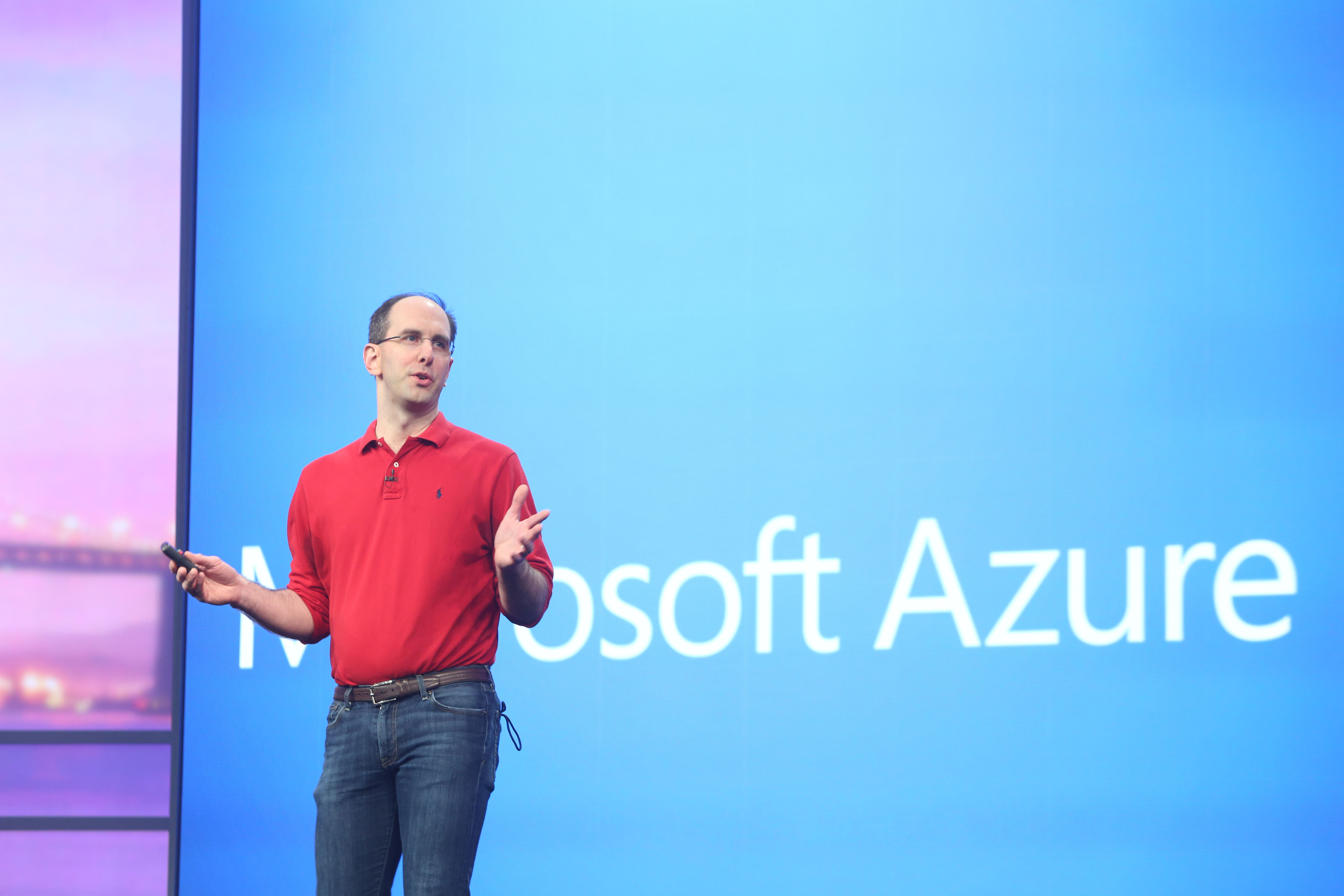

A year after dipping its toes into the virtual application container waters, Microsoft has launched a new, curated Container Apps category in the Azure Marketplace.
“This is a super simple ‘getting started’ experience for deploying single and multi-container Dockerized applications utilizing Azure Resource Manager templates and the new Docker Extension,” blogged Microsoft Azure Marketplace Vybava Ramadoss, on June 23 as the DockerCon user conference in San Francisco was winding down. “Prior to today’s announcement, you needed to launch Docker on an Ubuntu Server to deploy Docker Host and then run containers on the Azure Virtual Machine.”
“Click the ‘+ New’ and select ‘Container Apps’ in the Create blade,” Ramadoss said. “Container Apps showcases a handful of Official Repositories from Docker Hub. You can jump straight to the deployment flow with one click.”
In addition to streamlining the process of deploying container apps on the cloud, the move represents another step in the rapid mainstreaming of the technology. Docker has grown so popular, so fast that even bitter rivals are gathering behind the technology and its open-source competitors.
“As part of OCP, Microsoft and a broad group of other cloud industry leaders are coming together to create and establish common standards for software containers,” Corey Sanders, director of program management for Microsoft Azure, said in a statement. “We’re totally jazzed about OCP and excited to be part of this project. Look for more to come from this in the coming months.”
Microsoft also unveiled the addition of the Docker Trusted Registry VM [virtual machine] image into the Azure Marketplace, an “enterprise-ready Docker repository, behind the firewall, on an enterprise-ready public cloud,” said Sanders. Separately, Microsoft and Docker are working on container app portability.
Sanders noted that during DockerCon, Mark Russinovich, Microsoft Azure CTO, demoed the first multi-platform container app, offering attendees a glimpse of how the technology can potentially make turf wars a thing of the past.
“Built, shipped and running using Docker, this container application is the first in the industry to work across both Windows Server and Linux,” said Sanders. “We want to bring you broad choice and flexibility for building your apps, combining Windows Server and Linux containers with Docker Compose and Docker Swarm, to offer a truly cross-platform experience.”
And while Microsoft is on a cloud-first trajectory of late, Docker support will also extend to its on-premises Windows Server OS. “When we release Docker containers, Docker Swarm, and Docker Compose support on Windows Server, we will bring together customers and community to offer the most complete container experience, spanning tooling, operating system and cloud platform, all so you can deploy cross-platform applications simply and easily,” Sanders pledged.
Test your Microsoft knowledge here!
Originally published on eWeek.
OpenAI chief operating officer Brad Lightcap to oversee international expansion as company consolidates lead in…
Chinese researchers publish details on device that could wreak havoc on undersea communications cables in…
Former Intel chief Gelsinger expands role at Gloo, becoming executive chairman and head of technology…
MEPs add to Commission pressure for second EU Chips Act amidst industry calls for renewed…
Smartphone maker Xiaomi reportedly raises about $5.5bn in Hong Kong share sale as it invests…
BYD's Qin L EV sedan starts at about half the price of Tesla's Model 3,…